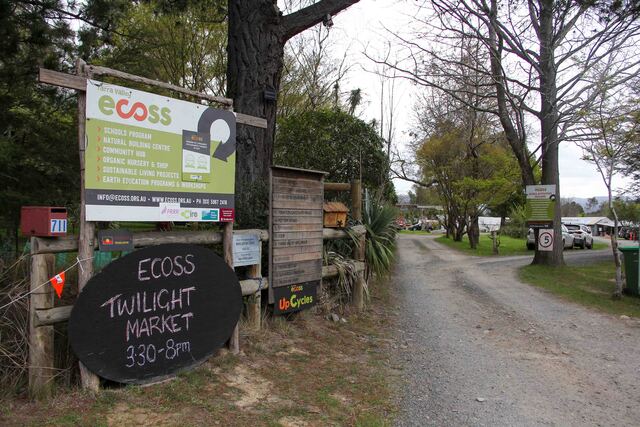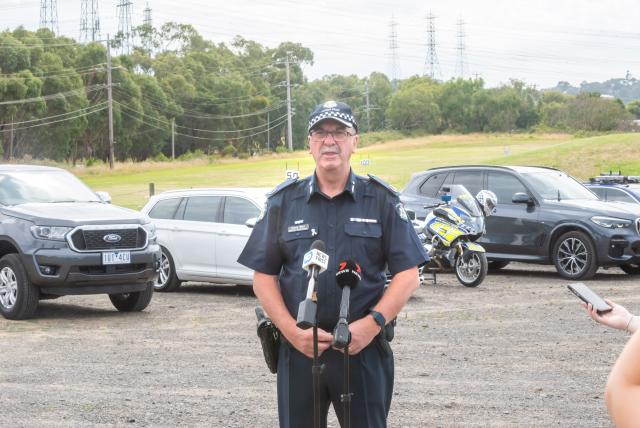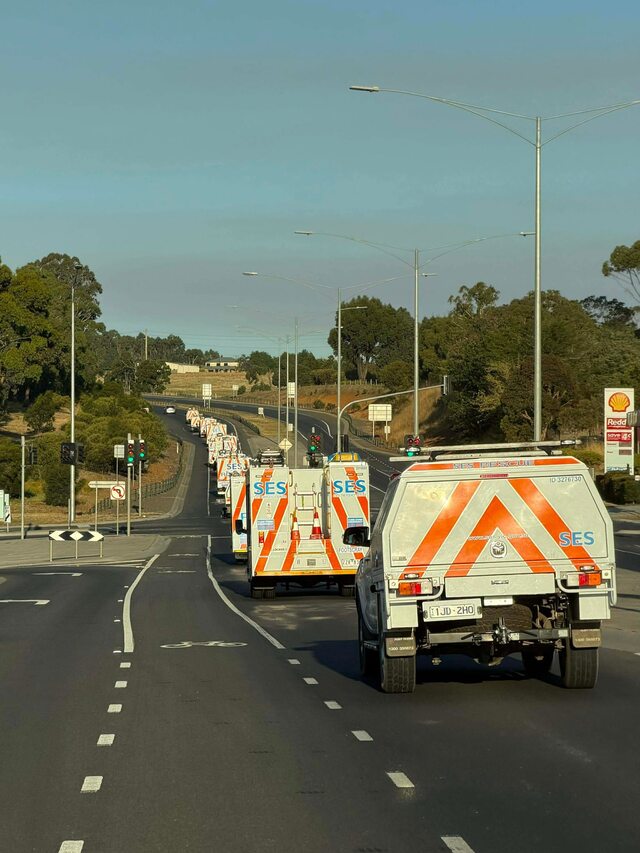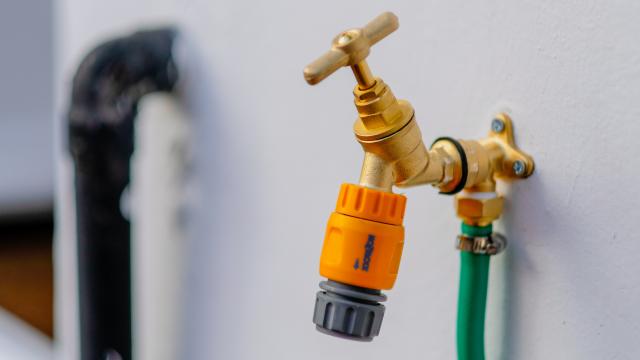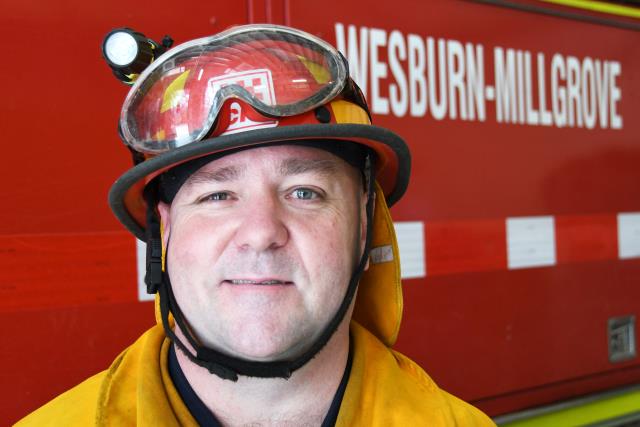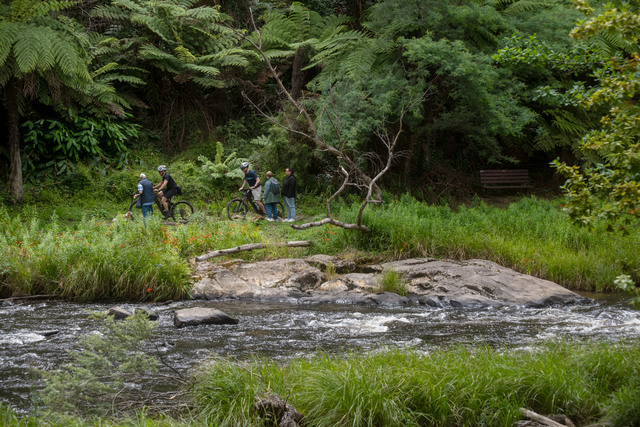Following dry conditions throughout Victoria, Melbourne’s water storage levels dropped to the lowest level in three years.
This week’s rain is a welcome respite
Melbourne Water’s Executive General Manager of Service Futures Chris Brace said Melbourne’s water storages are at 73 per cent capacity, down from 87 per cent at the end of May 2024.
“This follows Victoria’s driest summer since 2013-14 and the fourth-warmest summer since 1910, autumn has also been very dry,” he said.
“While we don’t expect water restrictions this year, we urge everyone to keep conserving water and follow the permanent savings rules,”
“The Victorian Desalination Plant has helped us avoid restrictions before, and we’ll continue to rely on it, supported by the recent 50 gigalitre order from the Victorian Government.”
Water storage levels had also dropped by 1.2 per cent from the previous month.
The Bureau of Meteorology put a drought statement back on 6 May, declaring that April rainfall was below average or much below average (in the lowest 10 per cent for April since 1900) for most of Victoria, as well as Tasmania, eastern South Australia, across the south-eastern ranges and inland slopes, and in the western corners of New South Wales and parts of the west coast and the interior of Western Australia.
Positive signs can be found in the Bureau’s winter long-range forecast released on 29 May, with rainfall expected to remain in the usual range during winter for most of Victoria, though warmer minimum and maxium temperates than normal are expected.
This autumn was Victoria’s warmest autumn on record.
Permanent water-saving rules are in place so that we use water efficiently.
To make every drop count, Melbourne Water encourages making simple changes like:
Taking a minute off your shower time.
Brushing your teeth with the tap turned off.
Watering your garden after sunset.
Fixing leaky taps.
When doing laundry, running a full load.
If you have a dishwasher, scraping plates instead of rinsing.
Placing a plug or container in the sink when preparing vegetables, washing fruit, or doing dishes.
Using a broom to clear your driveway instead of a hose.
For more information, visit: melbournewater.com.au/water-and-environment/saving-water/permanent-water-saving-rules-and-target-150.





